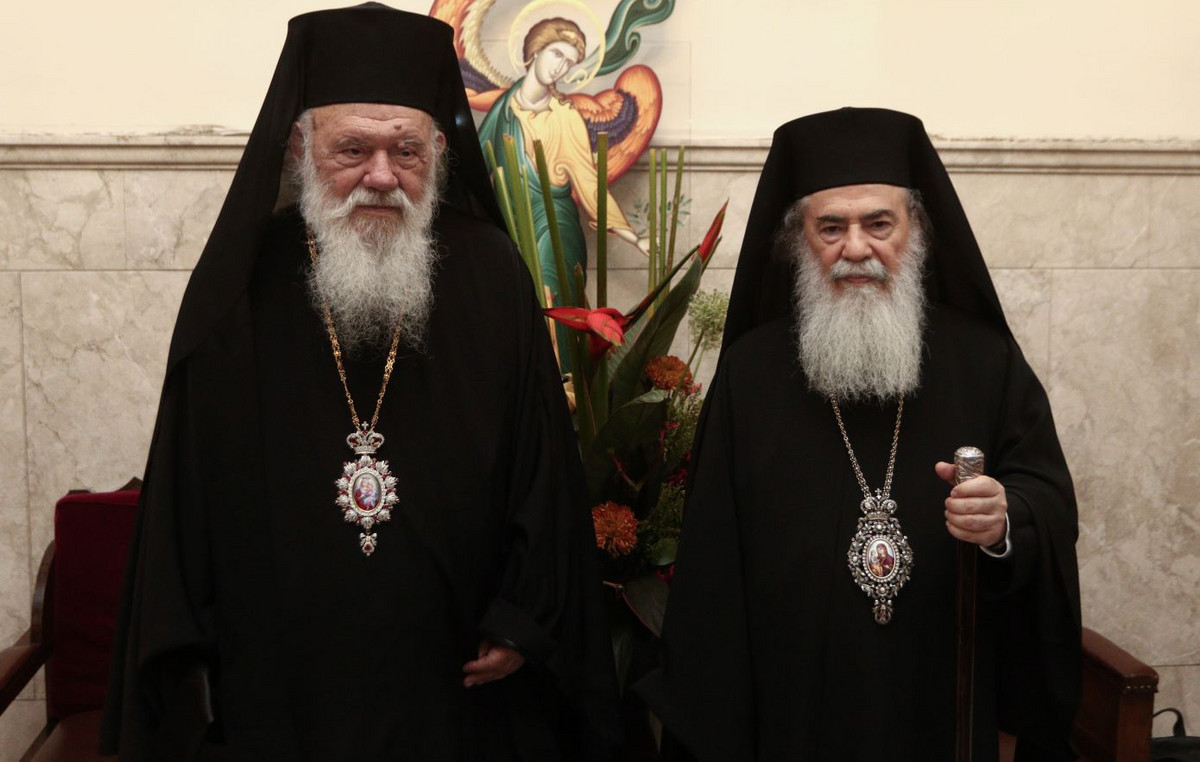Dear Lawyer,
I am a separated husband, I am an entrepreneur and I would like to get a divorce, but I cannot reach an agreement with my wife because she demands a very high divorce allowance.
It's true that when we separated I gave her a maintenance allowance of 5 thousand euros a month; I did it to give her the chance to regroup, but today I am no longer willing to continue to maintain her for life.
My wife has a degree and speaks two languages, but she has never wanted a permanent job, despite having had multiple opportunities and although I have always urged her, during our marriage, to develop herself professionally. Furthermore, my wife also has a fair amount of assets, which she has managed to set aside over the years thanks to my donations.
In short, Lawyer, I have already given. I would like to request the revocation of my wife's allowance. How does the Court orient itself in these situations?
Luca
Valeria De Vellis, lawyer specialized in family, personal and inheritance law
Dear Luca,
I believe you have excellent arguments for requesting and obtaining the revocation of your wife's allowance.
The Court of Appeal of Venice, with a very recent sentence (n. 800 of 29.4.2024), denied the divorce allowance to the wife of a wealthy entrepreneur because the same, despite being an architect with specific skills in the interior designer (he had also written in a trade magazine), he had preferred, during his marriage, to do odd jobs, making do with limited social security coverage, rather than permanently working in a private professional studio, in a company or in a public body, especially in the long period (the first 13 years) in which the marriage remained childless.
In other words, according to the Court, the position of wife of a wealthy entrepreneur with multiple family businesses should have encouraged her to engage in her professional career, but she had not done so, despite the fact that her husband had guaranteed her various external consultancy and had financed occasional business initiatives (sale of leather bags and tourism promotion).
In particular, according to the Court, the wife is not entitled to divorce allowance because she has not demonstrated which income and work opportunities she would have given up to dedicate herself first to her husband and then to her daughter: «NIt is not known what the wife would have actually given up during the marriage, since it does not appear that she actually wanted to work permanently in a private technical office, in a company, in a public body; indeed, it seems that he preferred to work as a freelancer without constraints, albeit with limited insurance coverage». Furthermore, according to the Court, the wife, having lived thirteen years of marriage without children and benefiting from domestic help and a comfortable standard of living, would have had every opportunity to cultivate and develop work opportunities in line with her abilities and aspirations and, if this had not happened, it was presumably a free personal choice on her part, not conditioned by family duties.
Therefore, the Court continues, «there was no proof (against the wife) that the economic disparity between the former spouses depended precisely on the choices made by the wife during the marriage to the detriment of her professionalism and in favor of household commitments and the good of the family”.
In reality, this is nothing new, because for years the Court of Cassation has affirmed the principle according to which the divorce allowance has a “compensatory” nature; this does not mean that the divorce allowance is a sort of post-divorce “salary” for the spouse who has done housework during the marriage, but that the function of the allowance is to compensate for the economic disproportion created between the spouses after the divorce. dissolution of the bond and which would not have occurred if one of the two had not, by shared decision, sacrificed concrete expectations of work and earnings to dedicate themselves to the family. It is the sacrifice of one's career for the sake of family and children that makes the difference and gives rise to the right to the allowance; if, however, the spouse has independently chosen not to work, she is not entitled to the allowance, because there is nothing to “compensate”.
Thereby, we want to prevent the divorce allowance from turning into a parasitic income, following a trend that is the result of a very different vision of marriage from that which has characterized the last 30 years since, in the 90s, the idea was established that the divorce allowance should always and in any case guarantee the “weak” spouse the continuation, for life, of the marital standard of living.
Today the principle of self-responsibility in relationships between husband and wife is affirmed, which must cover the entire history of married life and not appear only at the moment of its end; it is right that each spouse takes responsibility for his or her life choices, without being able to rely (or, worse, speculate) on unjustified forms of welfare.
Therefore, dear Luca, I suggest you focus on this defensive line, also valorising what you have already given to your wife during the marriage, because the judges will also take into account the fact that the Lady's current assets have been formed thanks to the attributions that he received from her when you were together that he would never have had if she hadn't been his wife.
If you want to ask the lawyer for an opinion or share your doubts you can write to:
[email protected]
Source: Vanity Fair
I’m Susan Karen, a professional writer and editor at World Stock Market. I specialize in Entertainment news, writing stories that keep readers informed on all the latest developments in the industry. With over five years of experience in creating engaging content and copywriting for various media outlets, I have grown to become an invaluable asset to any team.







